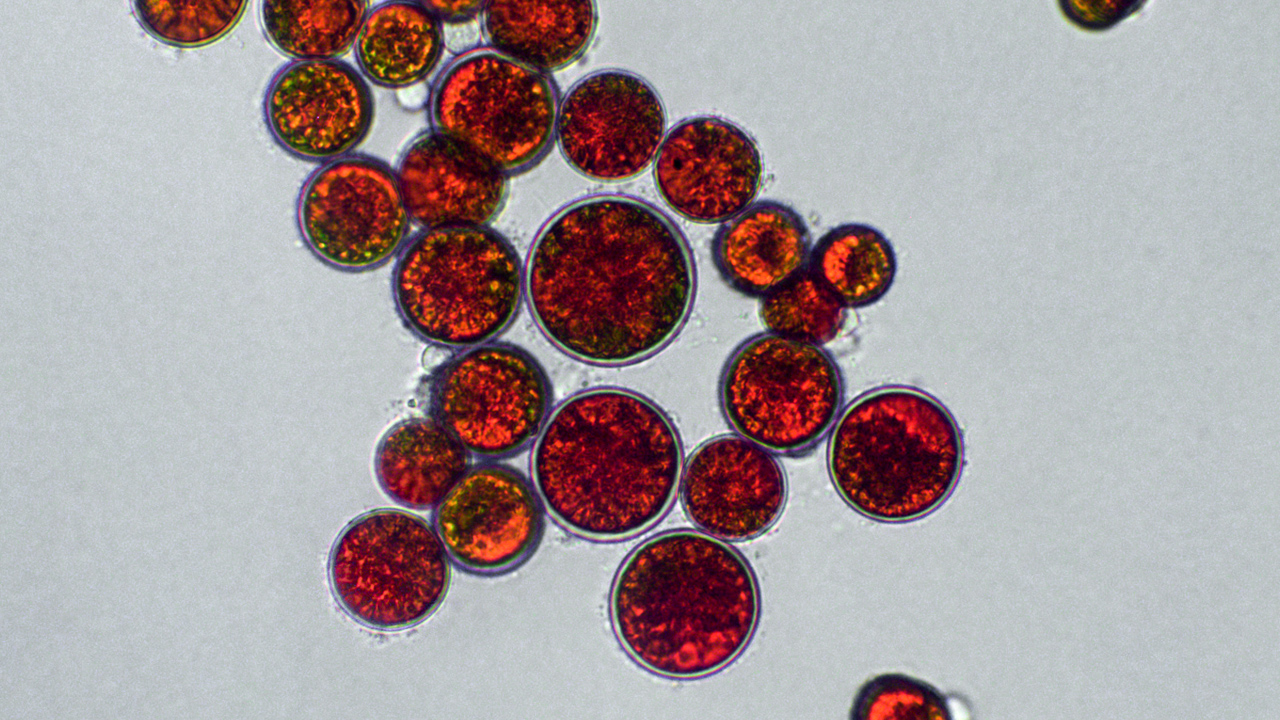In In-depth
Follow this topic
Bookmark
Record learning outcomes
In the second part of our series looking at interesting natural nutrients, Peter Ahlm, marketing & sales manager of AstaReal, reveals what astaxanthin from microalgae can do for the human immune system
What is astaxanthin?
Astaxanthin occurs naturally in the microalgae Haematococcus pluvialis. It is a carotenoid (phytonutrient) that has antioxidant, anti-inflammatory and immune-modulating properties.
Why does this matter?
This is important because a high level of aggressive oxygen molecules (free radicals) causes an imbalance between oxidants and antioxidants in the body. This, in turn, causes oxidative stress, which is linked to premature ageing, illnesses such as arteriosclerosis (which occurs when the arteries get clogged with fatty substances) and neurodegenerative disorders, which affect the central nervous system. Supplementation with antioxidants can help to restore the balance and counteract oxidative stress.
How does astaxanthin benefit immune health?
Immune system activity declines with age, making it more vulnerable to oxidative stress. However, astaxanthin can be beneficial to people of all ages, including those who have an active lifestyle and those who want to maintain their health and wellbeing. Its immunity benefits can be summarised as follows:
- Accelerates the immune response
- Strengthens and balances the immune system
- Enhances antibody production
- Protects immune cells against oxidative stress
- Fights inflammation.
How does it work?
Natural astaxanthin is one of nature’s strongest antioxidants, thanks to its special molecular structure, which allows it to penetrate both the hydrophilic and the hydrophobic layers of the body’s cell membranes. This means that the cells and their nuclei are protected inside and out from free radicals, which helps to prevent oxidative damage.
Ingesting astaxanthin helps to balance and strengthen the immune system, thus improving the body’s ability to fight inflammation and external pathogens. Interestingly, immune system support is just one of the many beneficial effects of astaxanthin.
Where does it come from?
Natural astaxanthin is only made by a few organisms, including the freshwater algae Haematococcus pluvialis, which are a typical diet for sea creatures. It is red in colour, which is what gives shrimps, crabs and salmon their typical colouring. Flamingos owe their beautiful plumage to astaxanthin too.
How much do humans need?
Research suggests that daily supplementation of between 2 and 8mg of natural astaxanthin produces optimal benefits. The nutrient can be found in a variety of dietary supplements, most of which combine it with other immunity-enhancing ingredients, such as vitamins C or D, selenium, zinc, pro- and prebiotics and botanical extracts.
Why astaxanthin from AstaReal?
AstaReal was the first company in the world to cultivate Haematococcus pluvialis back in the 1980s. The company’s astaxanthin has been studied in more than 70 human clinical trials and its unique indoor cultivation technology ensures purity and quality. It is entirely free from animal ingredients and is suitable for all diets, including vegan, ketogenic and paleo.
Want to find out more? Then visit the AstaReal website.

